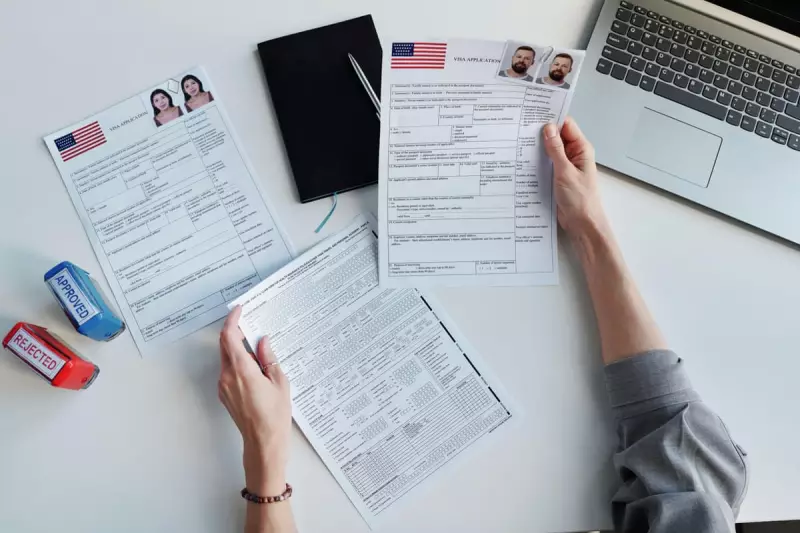
The United States is poised to implement a controversial new immigration requirement that will significantly impact British travellers, The Guardian can reveal. Starting in 2026, visitors from the UK and other Visa Waiver Program countries will be forced to declare their social media handles as part of their ESTA application.
The policy, confirmed by the US Department of Homeland Security (DHS), represents a major escalation in digital border surveillance. It mandates that all applicants for the Electronic System for Travel Authorization (ESTA) provide their usernames for platforms like Facebook, X (formerly Twitter), and Instagram.
How the New Digital Scrutiny Will Work
The requirement will be integrated into the standard ESTA online form, which millions of Britons complete for short trips to the US. While the DHS insists the measure is designed to "identify potential threats" and "enhance vetting procedures," it stops short of demanding passwords, limiting its scope to publicly available content.
This move formalises a practice that was previously optional. Since 2016, a social media field existed on immigration forms but was labelled voluntary. The new mandate removes that choice, compelling all applicants to comply.
A Global Trend Towards Digital Border Controls
This policy aligns the US with other nations adopting similar measures. Countries like Canada and Australia have already integrated social media checks into their immigration processes. The DHS states the collected data will be used to cross-reference with law enforcement databases and watchlists.
However, the announcement has ignited a fierce debate on both sides of the Atlantic. Privacy advocates and digital rights groups are sounding the alarm, warning of a dangerous precedent that could normalise mass digital surveillance of ordinary citizens.
Privacy Concerns and the Chilling Effect
Critics argue the policy is a blunt instrument that infringes on fundamental privacy rights. There are significant concerns about:
- Overreach: The potential for profiling based on political views, associations, or casual online activity.
- Data Security: How this sensitive information will be stored and protected from breaches.
- Error and Misinterpretation: The risk of innocent posts being misconstrued by algorithms or officials.
- Chilling Effect: The fear that travellers will begin to self-censor their online expression.
Legal challenges are anticipated, with arguments likely to focus on the violation of free speech and the right to privacy. The impact on diplomatic relations, particularly concerning data protection standards like the UK's GDPR, remains to be seen.
For now, British tourists, business travellers, and families visiting the US must prepare for a new era of border control where their digital footprint is as scrutinised as their passport.





